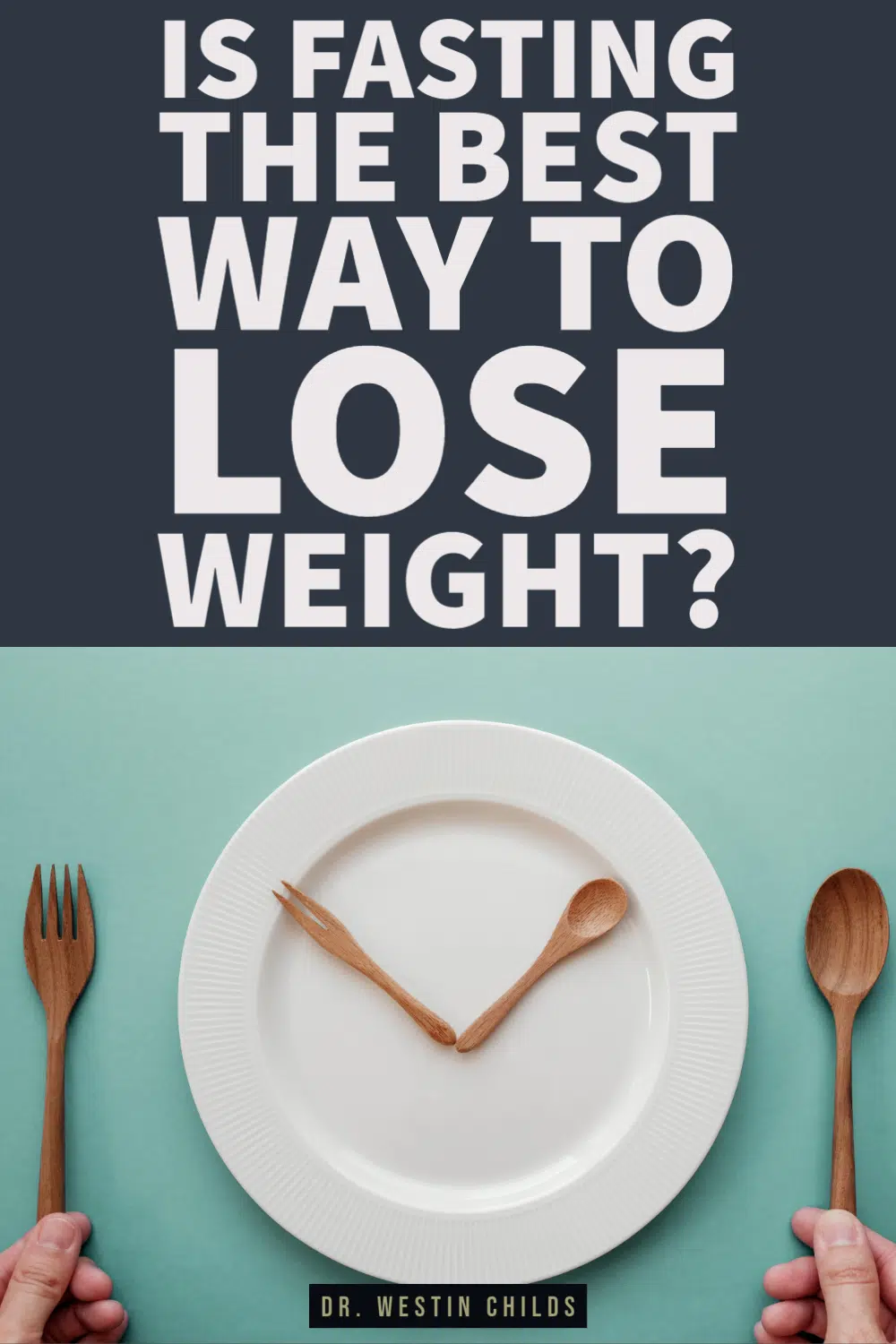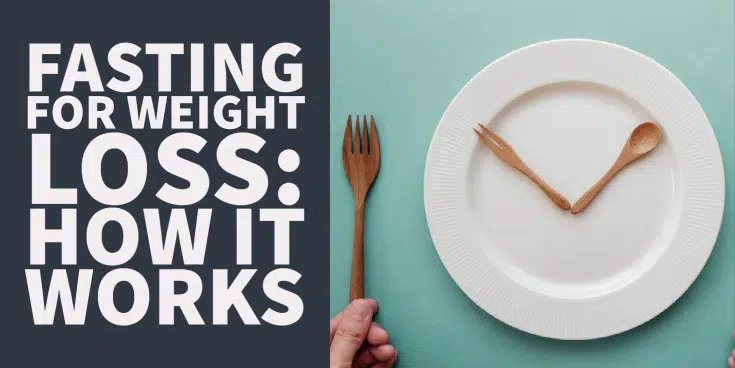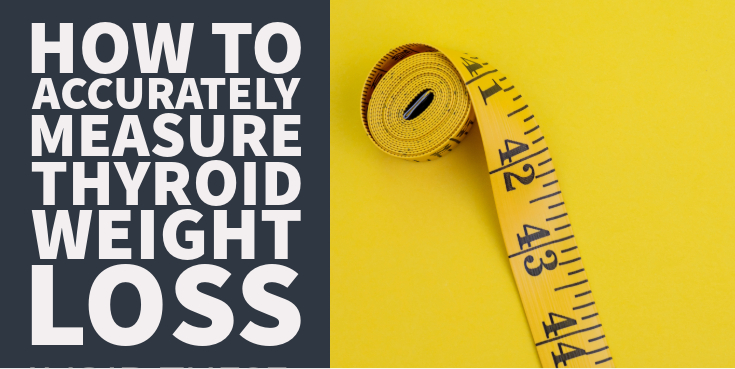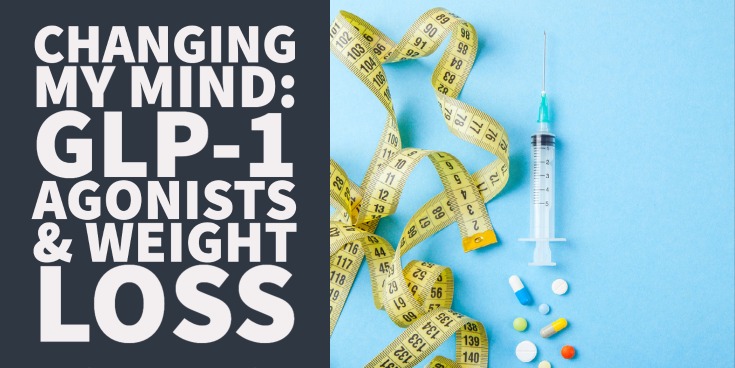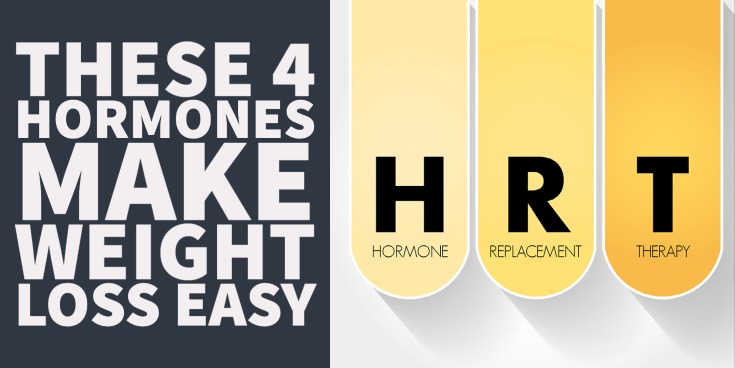Fasting is probably the single cheapest and most effective weight loss tool that exists.
It doesn’t cost money to buy new foods, protein bars, protein powders, or supplements and all it requires is some willpower and the ability to refrain from eating.
But does it actually work?
Will fasting help you lose weight, trim down belly fat, and finally feel better?
My opinion is that fasting, as a therapy, can potentially help a great many people and this article is going to explain why.
If you’re interested in learning more about fasting, what it is, how it works, how it impacts your hormones, and how it impacts your metabolism then you are in the right place.
Let’s jump in:
What is Fasting?
Contrary to popular belief, fasting is not when you run really really fast.
And, if you aren’t familiar with it, fasting is simply going without food, and sometimes water, for a set and planned period of time.
It may sound odd, but if you think about it for a minute you’ll realize that we do this naturally on a daily basis.
Every night, before you go to bed, you eat your last meal for the day.
As soon as you wake up you break your fast with breakfast (2).
Usually, the length of time that you fast in the morning is fairly limited and lasts around 8-10 hours, depending on when you wake up, how much you sleep, and how hungry you are.
Therapeutic fasting works in a similar way, except this time you are planning how long you want to go without food and/or water with the hopes of reaching a pre-set goal.
This type of therapy may sound silly but you have to realize that humans were designed to be able to handle periods without food and we do it quite well.
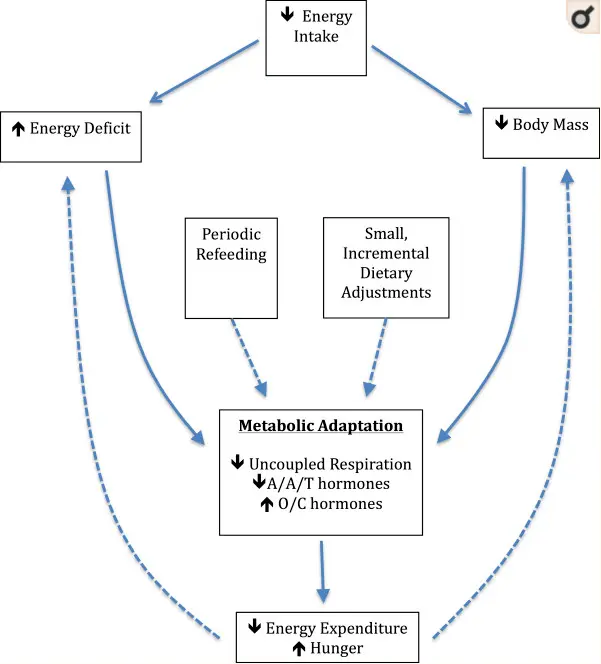
Humans store fat in adipose tissue for periods when we don’t have food available!
That’s exactly what your fat cells are for.
They contain massive amounts of energy in the form of calories which can be broken down in times of need.
But why don’t our metabolisms do that normally? Why do most of us continue to gain weight even when restricting our diets or exercising more? (3)
The reason for this has to do with how your hormones influence the breakdown of fat in your body.
In the presence of certain hormones, your fat cells will simply not break down and they will not shrink or decrease in size.
But, if you can influence these fat-storing hormones then you may be able to finally lose weight.
And that’s exactly how fasting works:
Does Fasting Work? Fasting and Your Hormones
Fasting is so effective for weight loss because it helps normalize your fat-storing hormones, helps liberate fat stores in your body, reduces inflammation, helps normalize your appetite, and reverses hormone resistance syndromes.
Let’s break apart each one of these in more detail.
#1. Fasting helps normalize fat-storing hormones.
Studies have shown that going without food has a positive impact on insulin regulation in the body (4).
Restricting the food you eat for 4 to 8-hour periods has been shown to help reduce body weight, improve fasting blood sugar, and level out blood sugar throughout the day.
Much of this is accomplished through the effects of insulin.
Insulin is a fat-storing hormone that is secreted in large amounts after you eat meals high in carbohydrates.
Bread, pasta, cereal, etc. all of these foods trigger the release of insulin because your body wants to take those foods and store the calories for later use.
This is great if you have a temporary abundance, but if you have a consistent abundance it leads to insulin resistance and chronic fat storage.
#2. Fasting helps liberate fat stores in your body.
In order to get in and break down your fat, you must first activate an enzyme known as hormone-sensitive lipase.
This hormone is the rate-limiting enzyme involved in the breakdown of fat (5), otherwise known as lipolysis.
If you don’t activate this enzyme then your body will hold onto your fat cells with a lock and key.
Hormone-sensitive lipase, as the name suggests, is sensitive to hormones!
In this case, it is sensitive to insulin levels.
In the presence of high insulin, your body will lock up your fat cells and you won’t be able to get in.
Fasting helps to reduce insulin which triggers the activation of hormone-sensitive lipase and the breakdown of fat.
This is exactly what you want for weight loss.
In some cases, activation of HSL is not seen until 2 days or more of fasting, which may be why intermittent fasting does not work for everyone.
#3. Fasting helps normalize your appetite.
It doesn’t make sense that fasting would regulate your appetite but let me explain how it works.
Yes, you usually do get hungry at the beginning of your fast but this hunger eventually fades over time as your body creates ketone bodies from fat breakdown.
These ketone bodies then circulate back and help to regulate your appetite hormones including cholecystokinin (6) (CCK) and ghrelin.
It is well known that these hormones play an important role in regulating other hormones as well as body weight and metabolism.
And these appetite hormones can become dysregulated with the consumption of certain foods found in the Standard American Diet.
This can lead to a condition of chronic hunger and cravings even if you’ve just had a large meal!
Fasting, as a therapy, may help to normalize these hormones which can regulate and normalize your appetite.
#4. Fasting reverses hormone resistance syndromes.
Hormone resistance syndromes, such as leptin resistance and insulin resistance, play an important role in obesity.
Both leptin and insulin are considered ‘adiposity signals’ created by the body (7) and are meant to reflect the total amount of fat stored at any time.
It’s the way that your fat cells can communicate with your brain.
When there is excess fat stored in your body, your body will release higher and higher levels of leptin to tell the brain what is going on.
Resistance syndromes are created when the body develops a resistance to these hormones at the cellular level as levels become increasingly high.
This creates a phenomenon in which you can have high levels of both insulin and leptin which are largely ignored by the brain.
Leptin, as a hormone, is normally secreted by fat cells and its job is to tell the brain to increase metabolism and fat burn.
It does this by communicating with your hypothalamus as it passes through the blood-brain barrier.
In the state of leptin resistance, the brain is resistant to the message sent by the fat cells and instead thinks that the body is in a state of starvation.
The net result is a decrease in metabolism and an increase in hunger when you are already overweight and obese.
This cascade of events results in weight loss resistance and can make standard diets fail.
Both insulin and leptin resistance syndromes can be potentially reversed with fasting protocols.
Calorie Restriction vs Fasting
Because fasting is a form of calorie restriction it’s important that we spend some time talking about how fasting can impact your metabolism.
Like calorie restriction, if fasting is prolonged for an extended period of time, it may cause more harm than good to your metabolism.
One of the reasons that losing weight is so difficult with calorie-restricted diets is because of the impact that it has on your metabolism.
In states of prolonged calorie restriction, such as 500 – 1,000 calories diets, your body alters the number of calories that it burns in an attempt to preserve muscle mass.
This is primarily achieved through a reduction in TRH, TSH, circulating thyroid hormones, changes in mitochondrial efficiency, and energy expenditure (8).
These changes are commonly referred to as “starvation mode” or “metabolic adaptation” and they are well-studied in the medical literature (9).
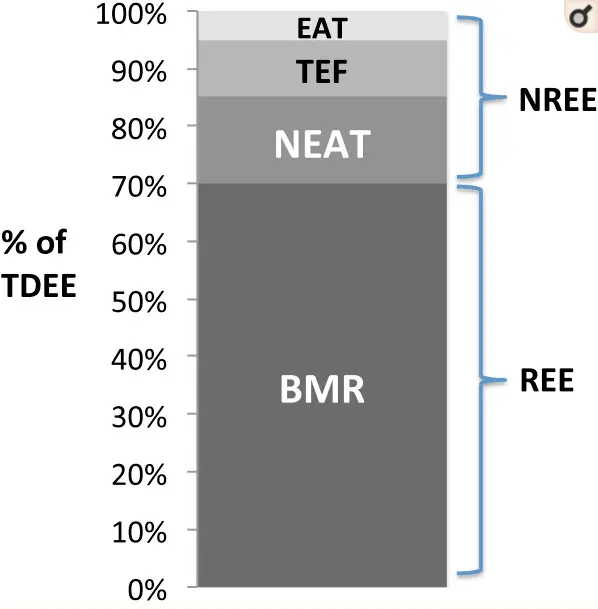
As your metabolism decreases, it becomes almost impossible to keep the weight that you lost off, especially as you increase your calories back to normal.
It is felt that this single change is responsible for the large failure of calorie-restricted diets and why around 99% of people fail to lose weight and keep it off.
So the question is:
Does fasting cause the same effect?
The answer is usually not but it certainly can.
The goal, when fasting, is to reduce your calories in an episodic way.
In this way, you will go through periods of feasting (normal eating) and periods of famine (fasting).

As long as you don’t keep your calories persistently low (with too much continuous fasting) you should not trigger the ‘starvation mode’ or metabolic adaptation that tends to accompany calorie restriction.
This allows you to reap all of the benefits of calorie restriction without any of the negative side effects.
How do you know if you are eating enough or if you are over-fasting?
It can be difficult to tell and it may take time for you to figure it out, but as a general rule, I don’t recommend fasting for more days than you are eating each and every week.
So if you fast 4 days per week and only eat 3 days per week, you are likely putting your body in a position where you may trigger metabolic changes which will lower your metabolism.
You will most likely still lose weight during your fasts, but it will most likely come back once you start eating normally again.
Intermittent Fasting vs Prolonged Fasting
For purposes of this discussion, it’s important that we distinguish between intermittent fasting and prolonged fasting.
There aren’t any strict definitions between the two, but I’ve gone ahead and created some guidelines to help you below:
- Intermittent fasting = Intervals of going without food for 18 hours or less.
- Prolonged fasting = Intervals of going without food for 18 hours or longer.
Intermittent fasting protocols can absolutely be helpful for weight loss and balancing hormones, but they are not nearly as powerful as prolonged fasts.
Intermittent fasts usually last no more than 18 hours and can be done several times throughout the week.
A sample intermittent fasting schedule may look something like this:
- #1. Monday/Wednesday/Friday – Stop eating at 7 pm, start eating at 11 am the following morning (14-hour fast 3 days per week)
- #2. Tuesday/Thursday – Eat only between the hours of Noon to 6 pm (18-hour fast 2 days per week)
- #3. Saturday/Sunday – Eat a total of 500 calories per day on both days and a normal amount of calories Monday-Friday
This type of fasting is certainly helpful (and better than nothing) but would not be as powerful as fasting for longer periods of time.
It seems the benefit of fasting compounds the longer you fast.
Meaning:
All the hours you spend fasting are not equally beneficial to your body.
Hours 1 through 10 may help you burn through glycogen in your liver, while hours 10 through 14 may be where all of the positive benefits occur.
So, in a way, you are fasting in the beginning only to reap the benefits achieved later in the fast.
Hopefully, this is making sense!
And that is why prolonged fasting tends to provide superior results when compared to intermittent fasting.
You spend a longer amount of time in a calorie-restricted state where your body can benefit from the hormonal changes which occur.
Intermittent fasting can still be beneficial, and a great stepping stone into prolonged fasting, but it may not be enough for serious weight loss in all people.
Is Fasting Dangerous?
For some reason, many people like to look at fasting as some sort of dangerous therapy that may have adverse consequences.
But, when we look at fasting in a logical way, it’s easy to see how many of these critiques could be interpreted as fear-mongering.
After all, do you think it was possible for our ancestors (on the desert plains) to have access to food 24/7?
Were they walking around with cold drinks, refrigerated 100 calories, or easy access to the dollar menu at fast food restaurants?
The answer is obviously no.
In fact, we have evolved to be able to handle prolonged periods of time without food and still work quite well.
In addition, fasting can actually enhance certain functions in your body.
Consider this example:
If you were a pre-historic caveman or cavewoman, would it make sense for your body to completely shut down after a few hours without food? What about 12 hours? What about 32 hours?
If you have gone 32 hours without food doesn’t it make sense that your body would trigger changes in your physiology to help you become more clear, more alert, and more capable of finding food?
After all, your survival depends on it.
Well, this is exactly what we see happen in people who begin fasting.
They experience all of the benefits (and others) that I’ve just described here.
And studies have shown that fasting can affect your body in the following ways (11):
- Increased anger
- Improved pre-frontal-cortex-related cognitive functions
- Increased mental flexibility
- Higher parasympathetic activity
- Decreased frontal brain activity
But what about safety?
One of the first questions that people have about fasting is whether or not it is safe.
To answer this question let me give you some important examples:
#1. David Blaine fasted for over 40 days (12).
#2. The longest fast recorded was 382 days in a 27-year-old male (13).
#3. 34-year-old male who underwent a voluntary 50-day fast (14).
Both of these individuals were healthy and safe after their fasts, and experienced significant weight loss, improvements in cholesterol levels, and so on.
And, when I talk about fasting here I’m not talking about several day-long fasts.
I’m talking about going a set amount of time, ranging from 16-24 hours, without food.
But, if we are being fair, just because fasting was safe for those individuals doesn’t mean it is necessarily safe for you.
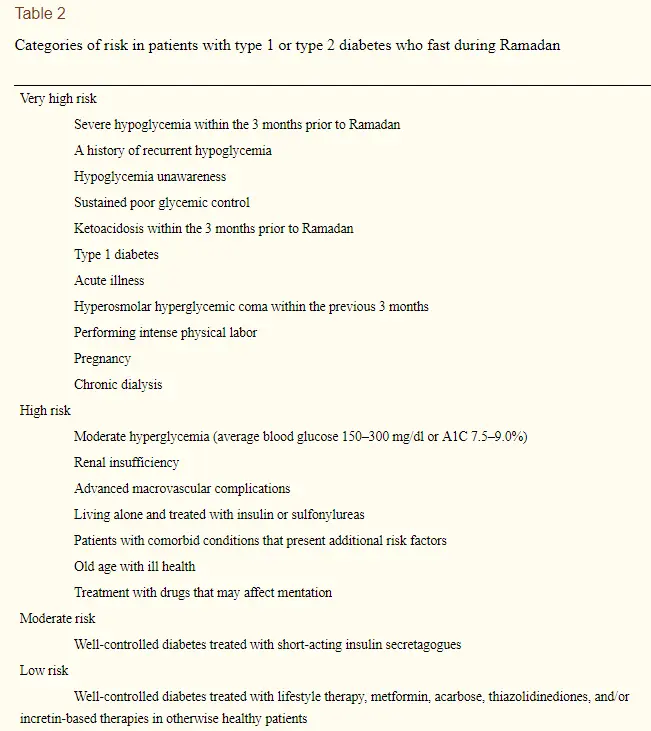
Most of the safety issues surrounding fasting have to do with the concurrent use of medications, especially medications designed to lower your blood sugar.
As you fast, your blood sugar may drop, and this drop may be exaggerated if you are taking glucose-lowering medications like insulin or other anti-diabetic medications.
The good news is that the presence of these conditions doesn’t preclude you from being able to fast.
But it does mean that you should be diligent when fasting and make sure you monitor your blood sugar closely and adjust your medications appropriately.
Many religions employ the use of fasting and for years patients have been following these guidelines (15) even though they have medical conditions such as type I or type II diabetes.
Studies have shown that it is safe to fast for extended periods of time provided you adjust your medication appropriately.
Other people, when they start fasting, may experience mild side effects including headaches, dizziness, hunger pangs, and changes to their body temperature.
Most of these mild side effects tend to fade over time as your body adapts to the fasting process and are not necessarily things to be worried about.
In some cases, sudden changes to insulin levels may precipitate the release of electrolytes such as potassium and sodium (16).
You can replace these nutrients with an electrolyte drink or by using salt water during your fast.
Water Fasting vs Dry Fasting
There are many different ways that you can do your fast including:
- Fat fasting – Eating only fat during your fast for some length of time
- Water fasting – Consuming only water during your fast
- Dry fasting – Consuming neither food nor water during your fast
- Fasting mimicking diet (17)
- And other variations
Each of these types of fasts has its own benefits and they are important to discuss because if you can’t do one then you might be able to do the other.
Water fasting is probably the easiest and safest way to get into fasting.
If you are water fasting, then during your fast you can consume as much water as you want.
This is beneficial because it reduces the risk and symptoms of dehydration, it can help you feel full, and is probably safer for older individuals.
One potential downside to water fasting is that it may not be quite as beneficial (in terms of the impact it has on the body and your hormones) when compared to dry fasting.
Dry fasting is when you go without both food or drink and you prevent putting anything inside of your mouth for an extended period of time.
Dry fasting can last for as few as 12 hours but go beyond 24 hours in some cases.
Dry fasting is said to be more powerful than water fasting because it puts more stress on your body as it has to deal with both a lack of food and water.
If you choose to do dry fasting then you need to be in a position where you have water available to you and it’s probably a good idea to have a friend or someone else around in your house just in case!
It’s not as dangerous as it sounds, but the older you are, and the more medications you take, the more likely you are to experience some side effects.
I’ve personally done both water fasting and dry fasting for up to 48 hours at a time.
I find that dry fasting definitely requires more willpower and tends to “sap” my energy more than water fasting, but I find it to be far more effective (at least for me).
Fat fasting or fasting mimicking diets are ways that you can consume ‘hormone neutral’ foods during your fast.
The idea here is that you can consume certain types of foods that contain only fat because these foods don’t influence your insulin or leptin levels.
Fat fasting is not quite as potent when compared to other forms of fasting but it’s an easy way to get your feet wet.
Conclusion
Fasting is a therapy that can be used to help obtain weight loss and it can even be safely combined with other therapies such as medications, supplements, diet, and exercise regimens.
As a therapy, it’s also incredibly cheap and perhaps one of the most effective weight loss therapies that you can use.
The benefits of fasting seem to come from its effects on certain hormones including insulin and leptin.
These hormones help to regulate body weight, fat storage, appetite, and metabolism.
Fasting is generally safe provided that you don’t have any co-existing medical conditions or take blood sugar-lowering medications.
There are many different types of fasting including prolonged fasting, intermittent fasting, and variations of each.
Be cautious when fasting, however, because extended periods of fasts can still potentially damage your metabolism.
Now I want to hear from you:
Are you currently using a fasting program?
Is it working for you?
Have you lost weight?
Why or why not?
Leave your comments or questions below!
